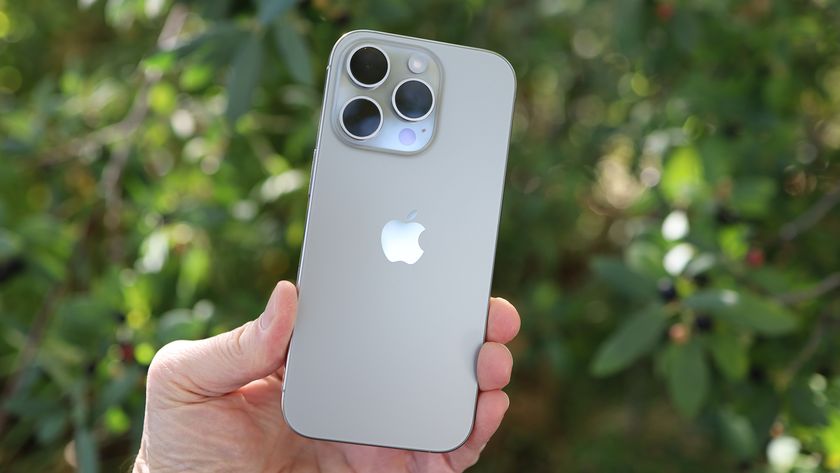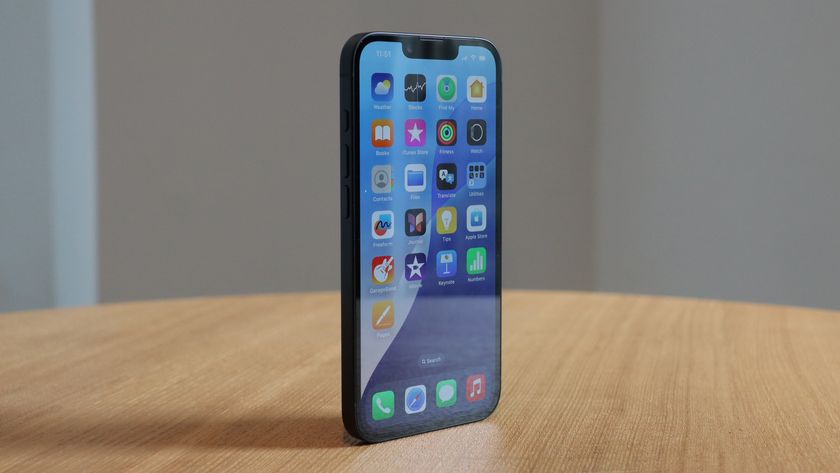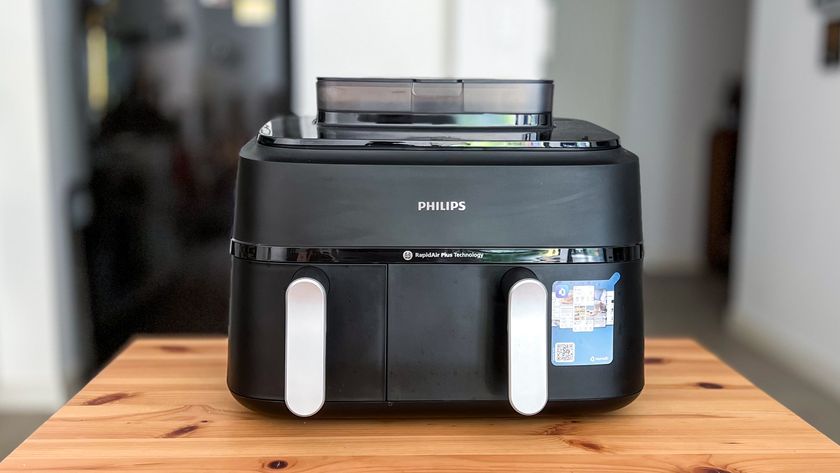Why your iPhone won't be replacing your doctor just yet
Your smartphone won't see you now
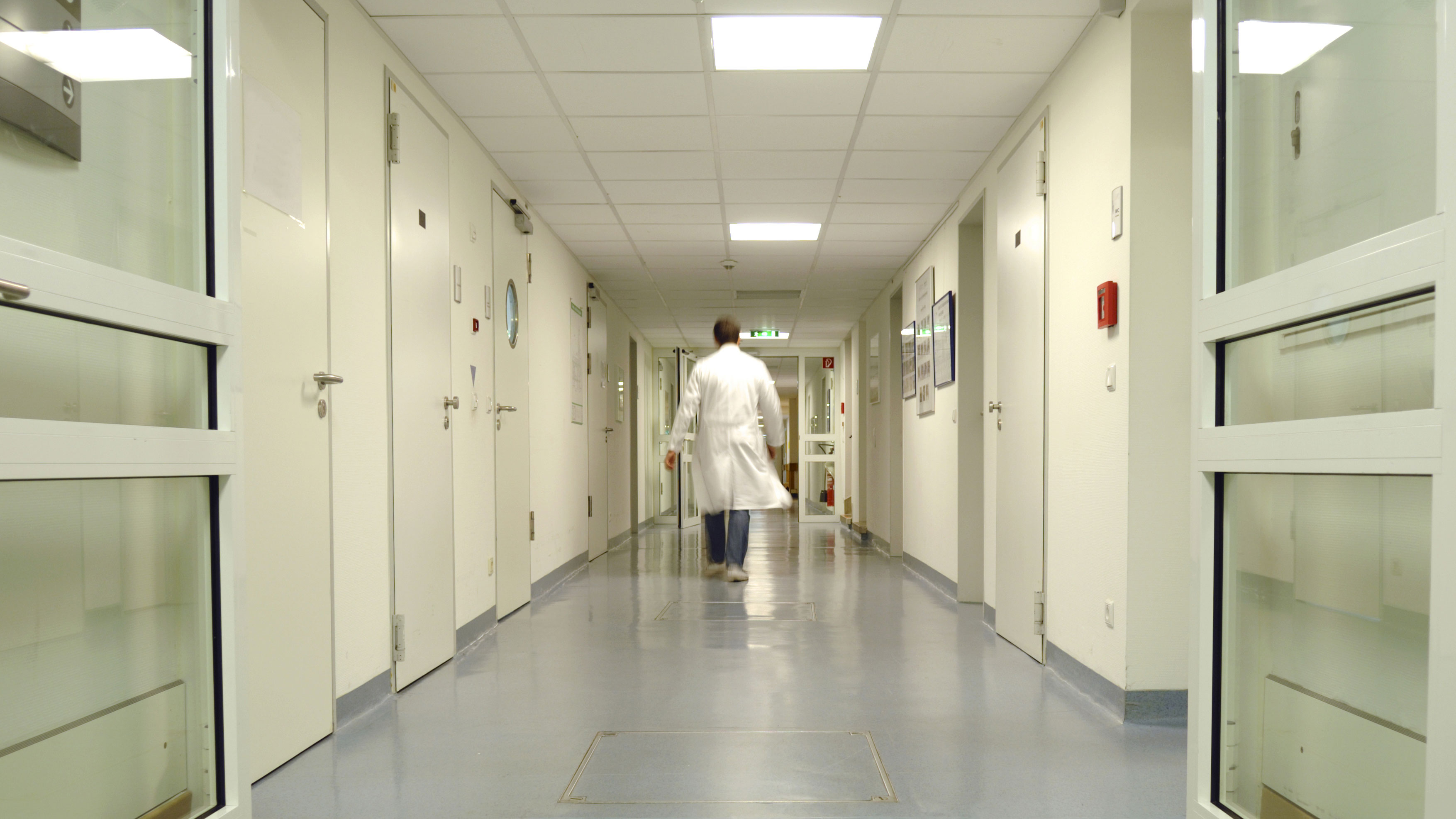
Tracking health and fitness on your smartphone is big business these days with numerous companies developing trackers and apps to help you stay on top.
The explosion of interest in this market was further highlighted by both Apple and Google earlier this year, as they revealed health related integration in their iOS 8 and Android L mobile platforms.
Apple has advanced the technology the furthest with its HealthKit API for developers and Health app, which aims to gather information from a variety of sources and compile them in one place to give you a full report on your health.
It's even got a number of hospitals onboard in America, opening the door to the data being used by healthcare professionals to aid treatment.
This may sound great, but it's not ready to take our hospitals by storm just yet, as Dr Dushan Gunasekera - founder of the myHealthCare clinic in London - explains.
The first stepping stone
"The technology in its current form is not a complete solution, this is a stepping stone towards a future where we'll be able to use wearables and smartphones to aid medical examinations and diagnoses," says Gunasekera.
"It's an exciting step in technology and it's one that I welcome and I believe a lot of other doctors will too."
Get daily insight, inspiration and deals in your inbox
Sign up for breaking news, reviews, opinion, top tech deals, and more.
At this early stage in the cycle of mobile healthcare the data which is being collected is difficult to verify as accurate and that's one of the biggest obstacles manufacturers will have to overcome.
"The benefits of Apple health [and rival offerings] are dependent on the quality of data," Gunasekera tells us.
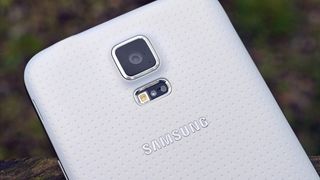
There's pressure on device manufacturers to ensure their systems are monitoring our bodies as accurately as possible.
We're seeing technology, including heart rate monitors and pedometers being built into our smartphones and smartwatches, and while these paint a relatively good picture their accuracy is still some way off medical standards.
Take it seriously
"We need third-party manufacturers to produce consumer solutions of current medical equipment, allowing patient's to monitor a variety of health data in an easy and unobtrusive manner," Gunasekera explains.
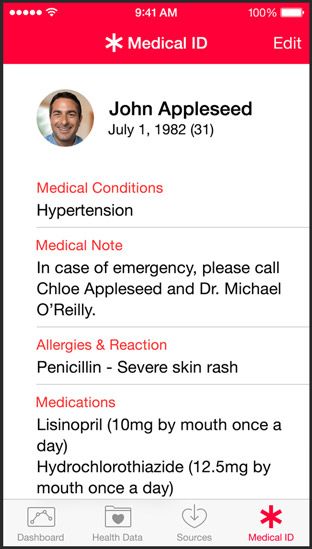
"When devices which can gather data to a medical standard are readily available to consumers, the data on our smartphones can be taken more seriously by medical professionals and it can be used to accompany diagnoses."
Dr Gunasekera does see some immediate benefit from the systems Google and Apple are touting with their new operating systems.
"The Medical ID page in iOS 8 is mostly beneficial for paramedics in an emergency, when you're abroad or if you require the data quickly."
On an iPhone running iOS 8 there will be a medical info button on the lockscreen, allowing emergency services to get a brief overview of your medical history, highlighting any possible complications.

TechRadar's former Global Managing Editor, John has been a technology journalist for more than a decade, and over the years has built up a vast knowledge of the tech industry. He’s interviewed CEOs from some of the world’s biggest tech firms, visited their HQs, and appeared on live TV and radio, including Sky News, BBC News, BBC World News, Al Jazeera, LBC, and BBC Radio 4.
